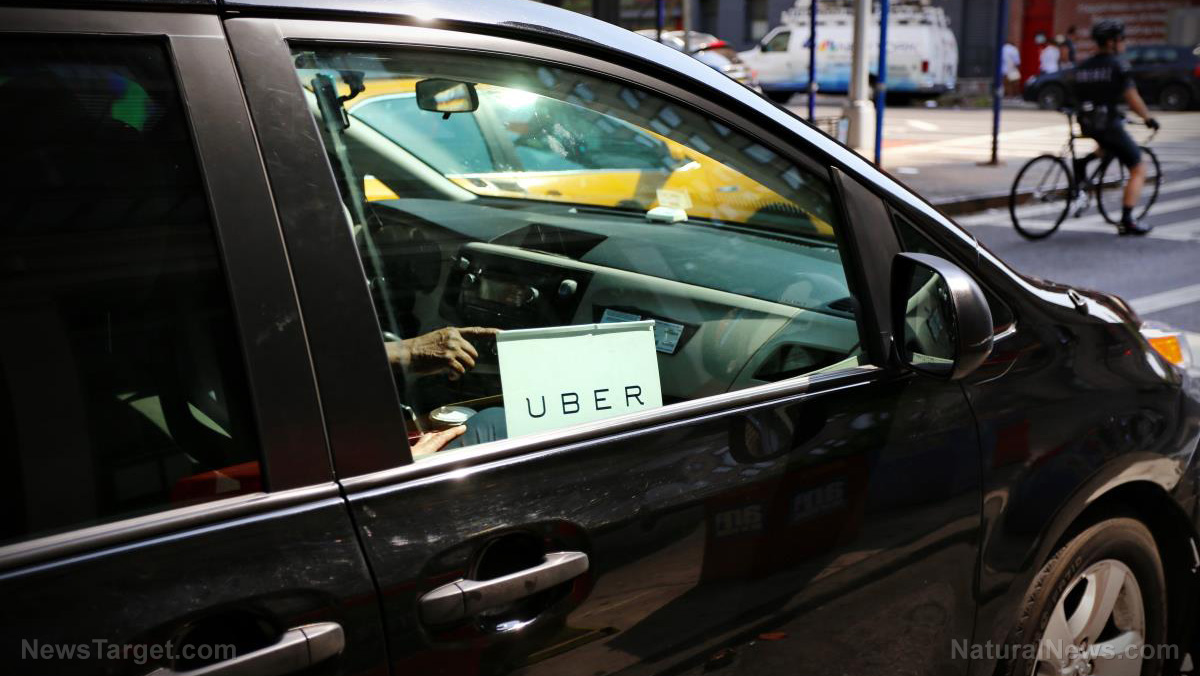
To be more specific, Denmark generated 43.4 percent of all the electricity it consumed in 2017 solely from wind energy. It's a new world record that goes a long way towards legitimizing the country's current efforts to meet its energy quota while causing as little environmental harm as possible. And at this point, Denmark's own energy and climate minister Lars Chr. Lilleholt says that it's no longer just about the environment, but about the economics.
According to Lilleholt, things are only going to get better for Denmark as far as generating enough wind power to cover the needs of the country is concerned. The primary reason for that is because wind power is simply becoming far too cheap. "The price of wind energy is moving in one direction only, and that's a steep downward trajectory," Lilleholt said.
Based on previously stated goals, the Denmark government is supposedly aiming to get 50 percent of all its energy consumption in one year by the time 2030 rolls around. Given that last year's record is already close to hitting that target, they may well achieve their goal a clear half-decade away from the year they expect to. As a report on Bloomberg states, Denmark is home to the world's biggest turbine maker, Vestas Wind Systems A/S. It managed to raise its outlook after getting more order than it expected in 2017, which means that it will be producing more energy than it predicted based on earlier data.
Speaking of which, the Danish government will also need to change its approach to how the whole country uses electricity, according to Lilleholt. "Electricity was once something we wanted to cut back on using," he explained. "But now it's about using it in the right way to maximize the usage of renewable power." Indeed, if they want to make sure that they're getting the maximum efficiency possible, then they should stay on top of all things relating to both the production and the consumption of electricity from renewable energy.
One of the reasons why Denmark has been so successful with its renewable energy plan is because of a now longstanding policy that makes it so that there is an effective grid network in place. This ensures that any excess supply in one corner can be channeled to places that need it more, according to a report on Bloomberg Technology. Speaking about it, Lilleholt says that it's "important to be linked to power grids from the countries surrounding us when you make yourself dependent on renewables." Given that they seem to be so successful with it so far, it's going to be difficult to argue otherwise.
Read more about achievements in the energy industry by visiting Power.news.
Sources include:
Please contact us for more information.






















